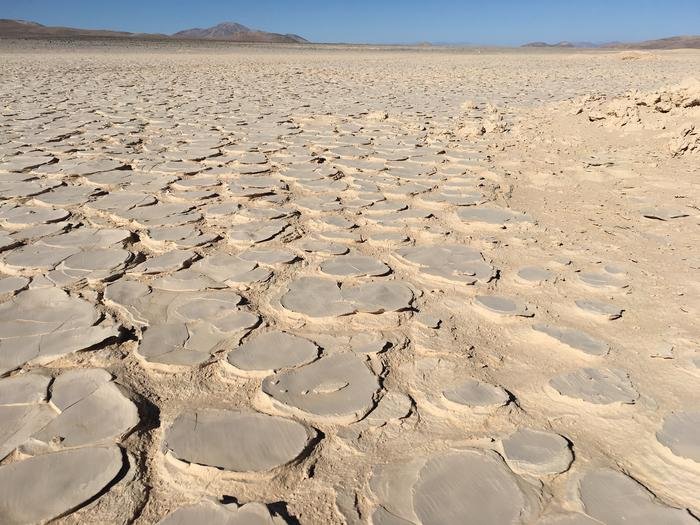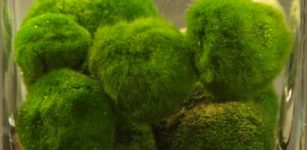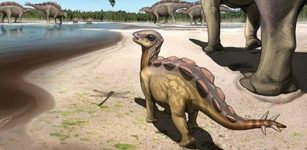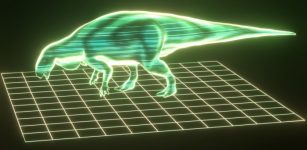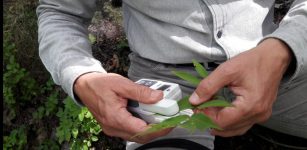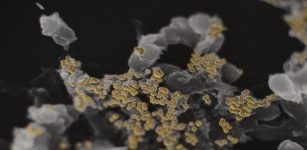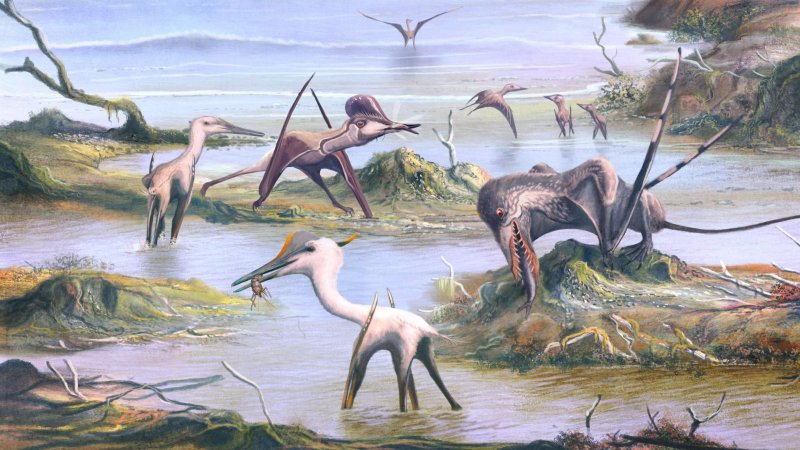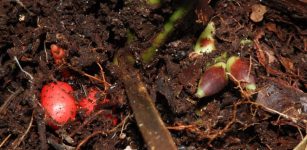Remarkable Discovery Of Concealed Biosphere Beneath The Atacama Desert, World’s Driest Hot Desert
Eddie Gonzales Jr. – MessageToEagle.com – Researchers have made a groundbreaking discovery of microbial life thriving at a depth of 13 feet beneath the surface of the Atacama Desert in northern Chile.
Yungay Playa with typical dry cracks.Credit: Lucas Horstmann, GFZ-Potsdam
Notably, the Atacama Desert is renowned as the driest hot desert on Earth and is considered one of the most inhospitable environments on our planet. This remarkable finding challenges our understanding of the limits of life and its ability to persist in extreme conditions.
The presence of higher life forms is negligible there, however, the hyper-arid soil, abundant in salts and sulfates, serves as a habitat for bacterial life.
The first 80 centimeters of soil can be a possible refuge from harsh UV light, where some water might be found.
To gain a comprehensive understanding of the desert’s biota extending into the deep subsurface realm, the team undertook digging to a depth exceeding four meters within a playa located in the Yungay Valley, enabling them to collect crucial soil samples for further analysis.
The upper part of the sampled soil profile. Credit: Dirk Wagner, GFZ-Potsdam
The researchers used an innovative extraction methodology to guarantee that the sampled DNA samples originated from living organisms.
Loose DNA was first washed out, then DNA inside intact cells was extracted for sequencing. In the upper 80 cm of playa sediments, microbial communities were dominated by Firmicutes.
The study revealed a distinct microbial community composition below the depth of 200 cm, predominantly characterized by the presence of Actinobacteria. Some bacteria showed genetic similarity to Geodermatophilus pulveris and Modestobacter caceresii.
Researchers believe that this community may have established a presence in the soil approximately 19,000 years ago, prior to being entombed by playa sedimentary deposits.
Study site, showing digging works and lab truck. Credit: Lucas Horstmann, GFZ-Potsdam
The community possesses the potential to extend downwards for an indeterminate distance, indicating the existence of a previously undiscovered deep biosphere beneath the hyper-arid desert soil strata.
The deep bacterial community possibly relies on gypsum for water. The authors note that Mars also has gypsum deposits, which could theoretically serve as a source of water for microbial life.
This phenomenon requires further scientific investigation and analysis.
Written by Eddie Gonzales Jr. – MessageToEagle.com Staff Writer

